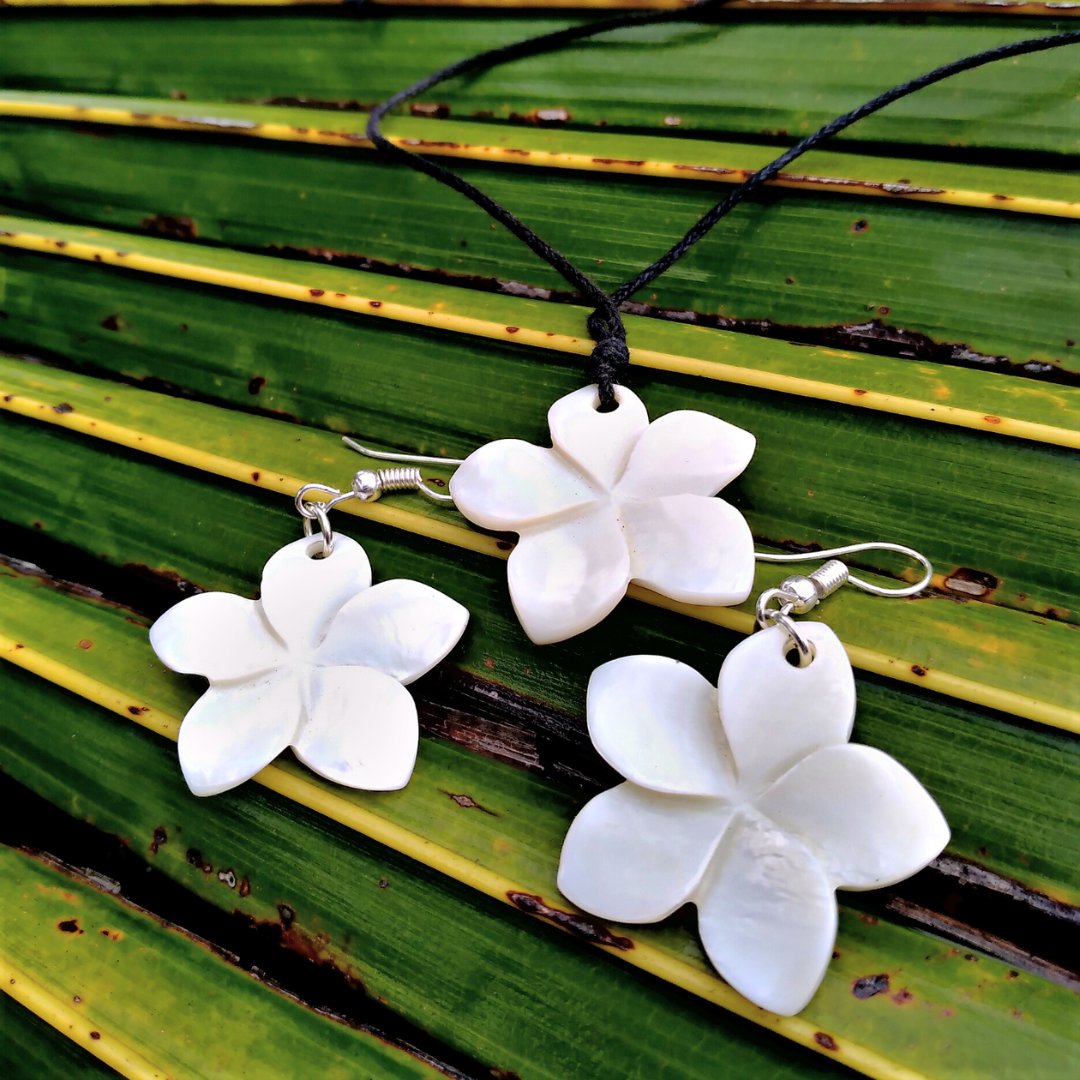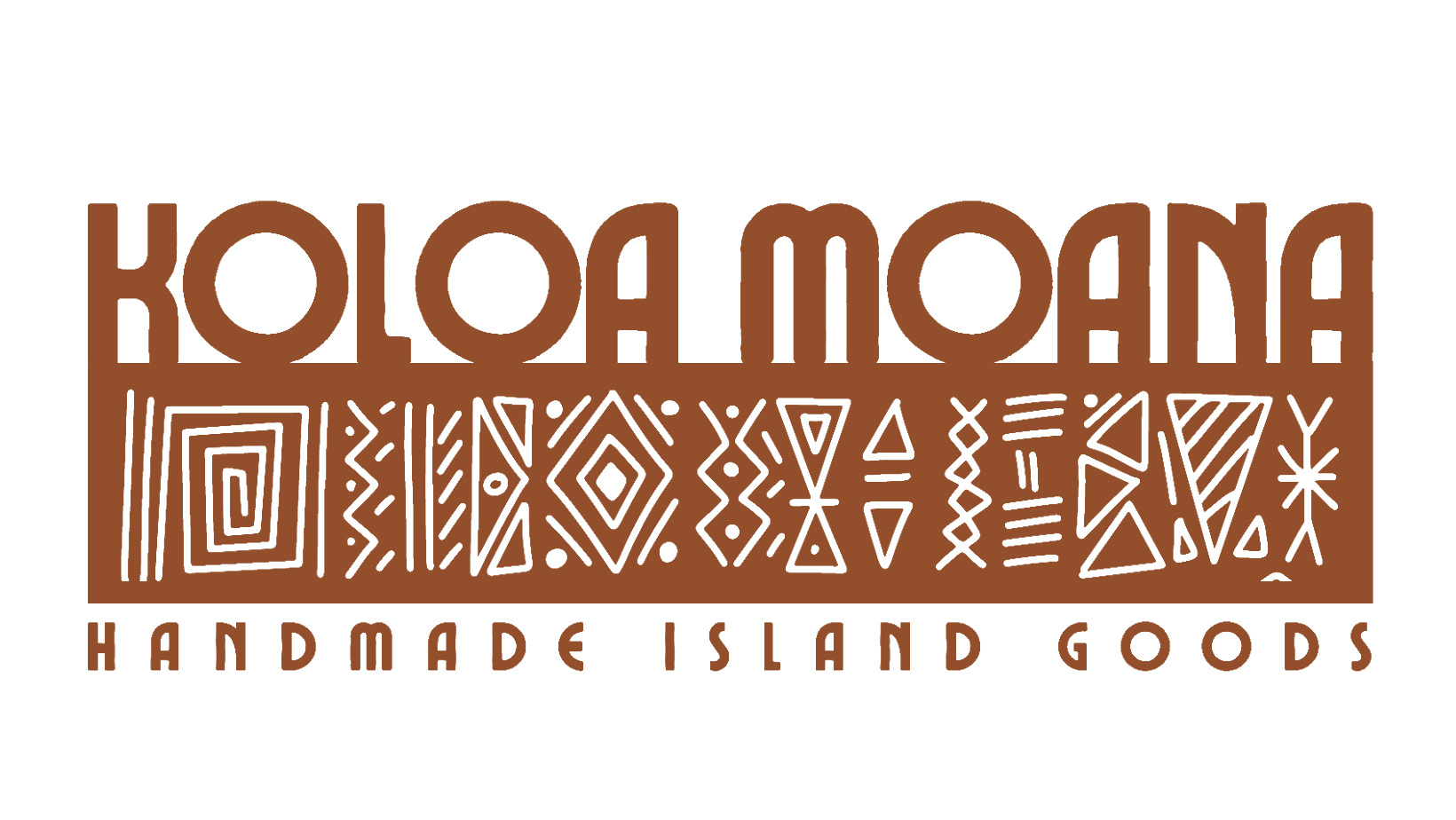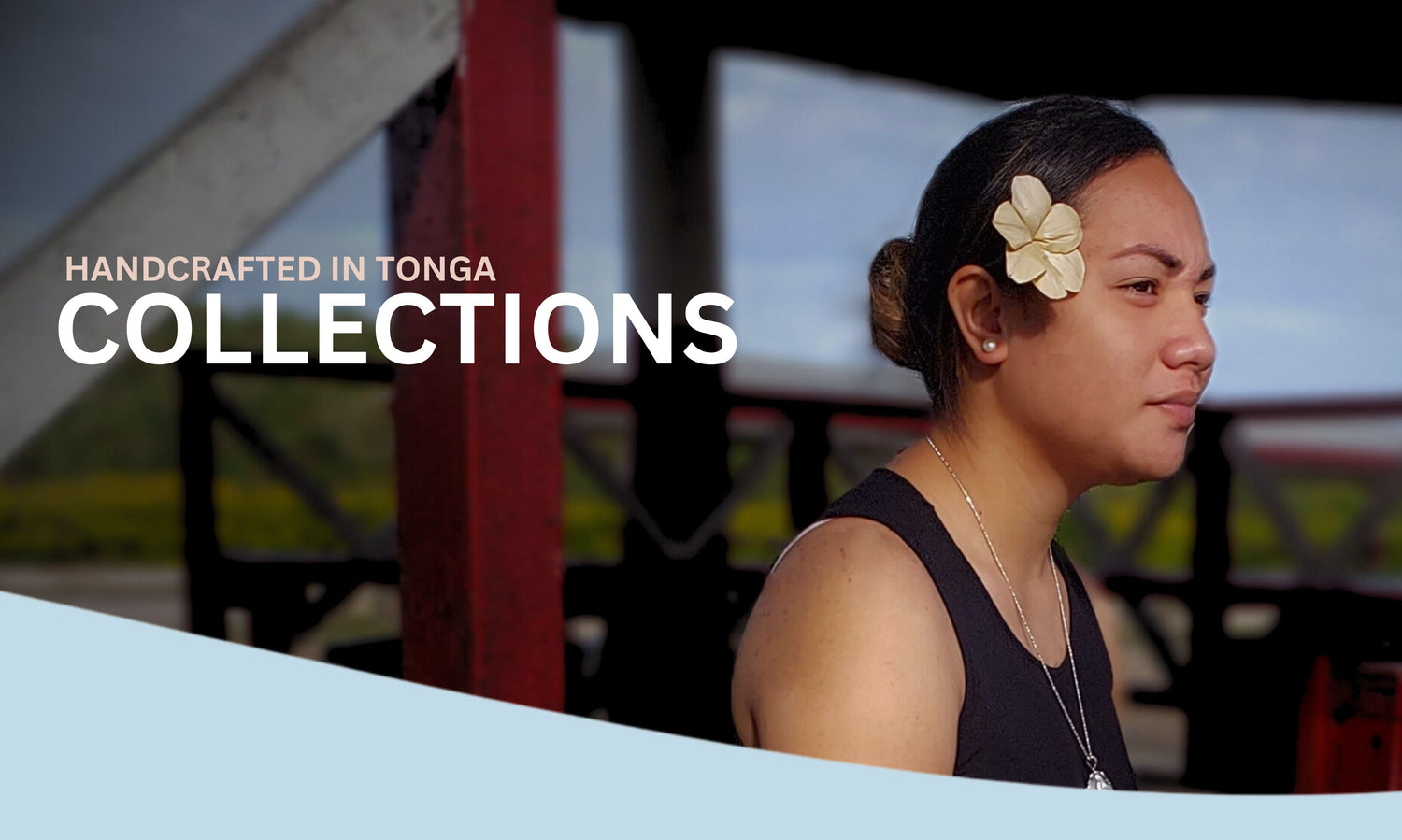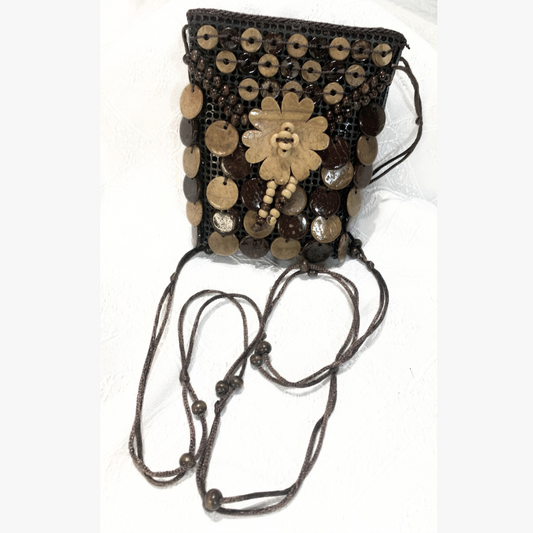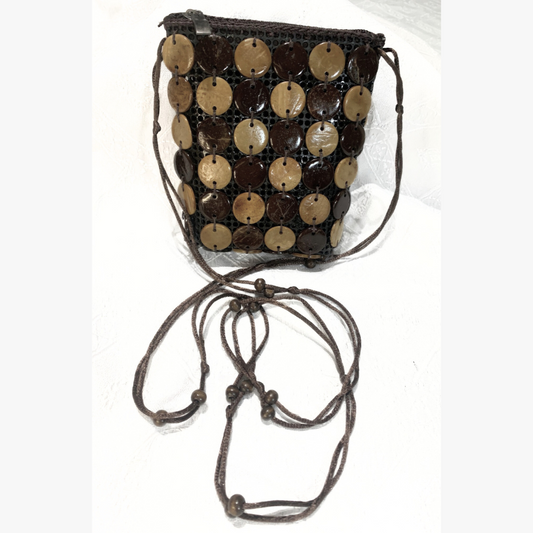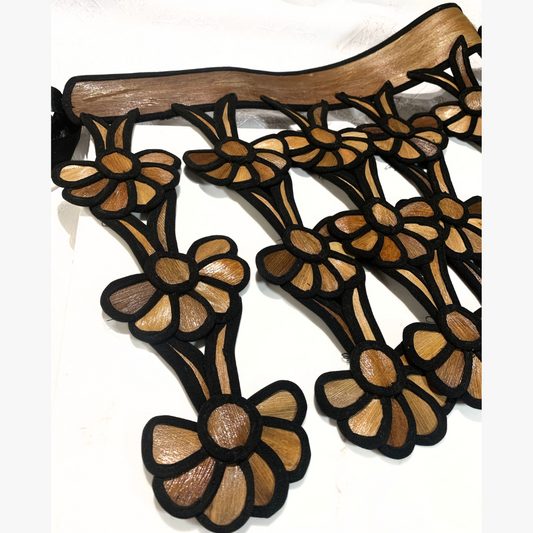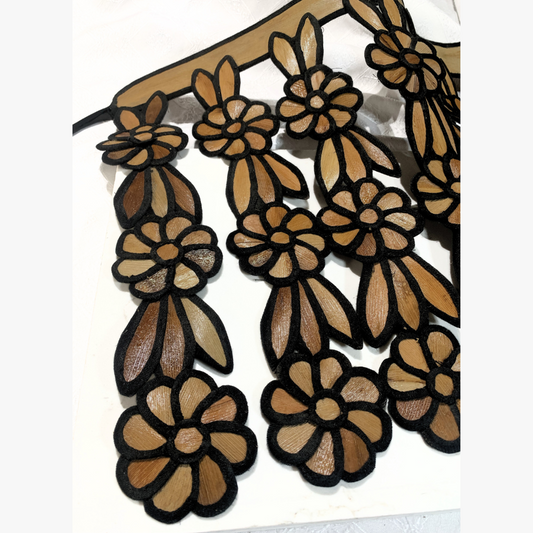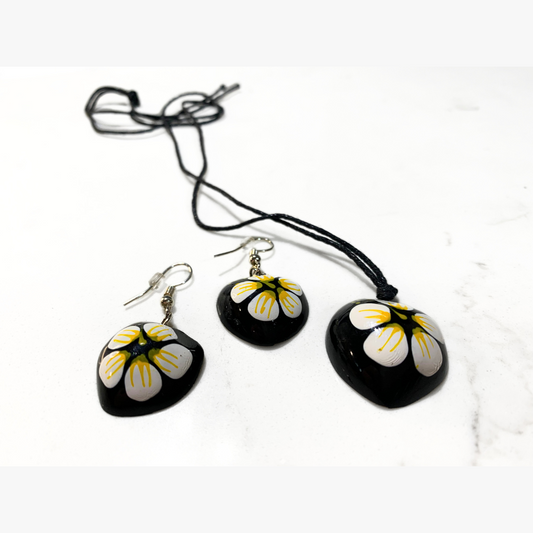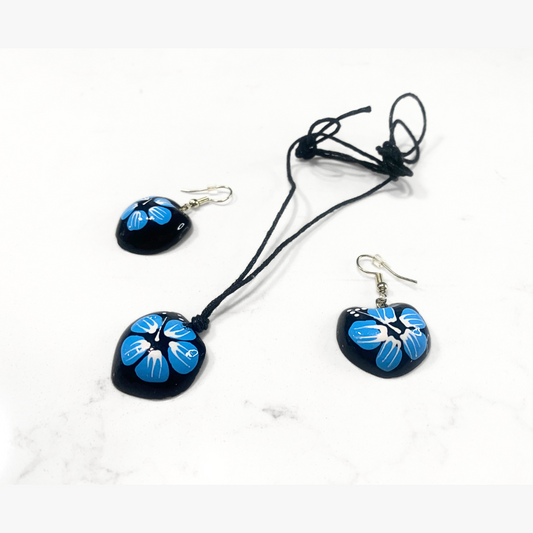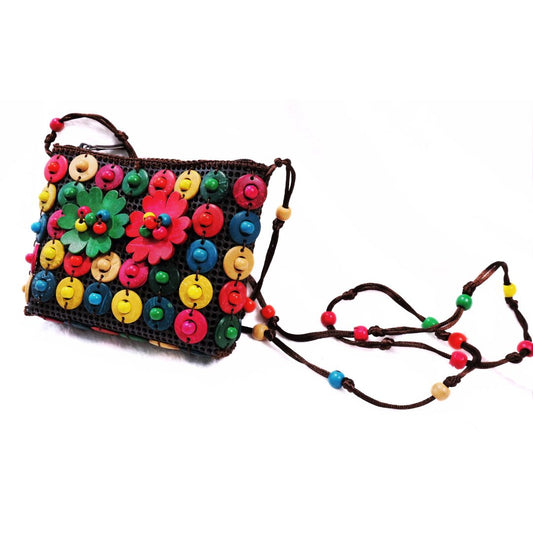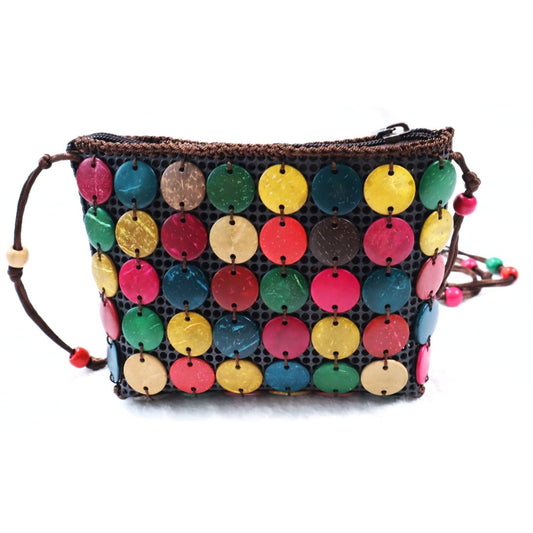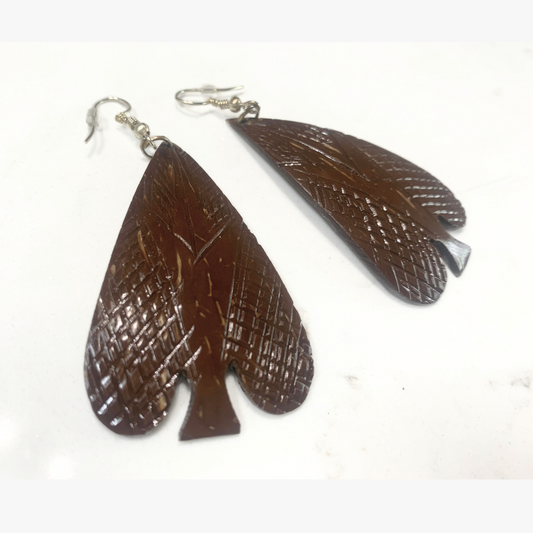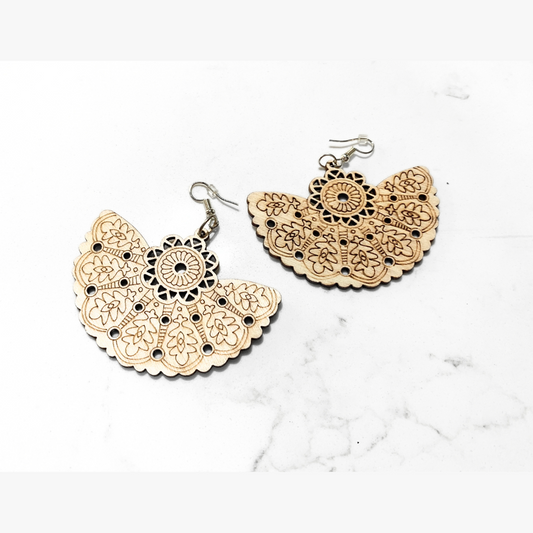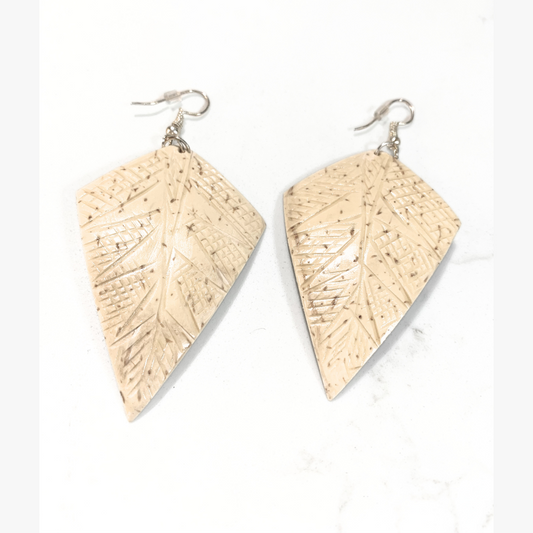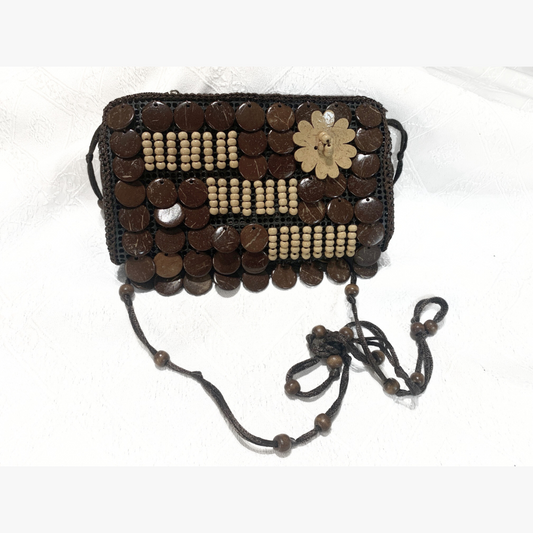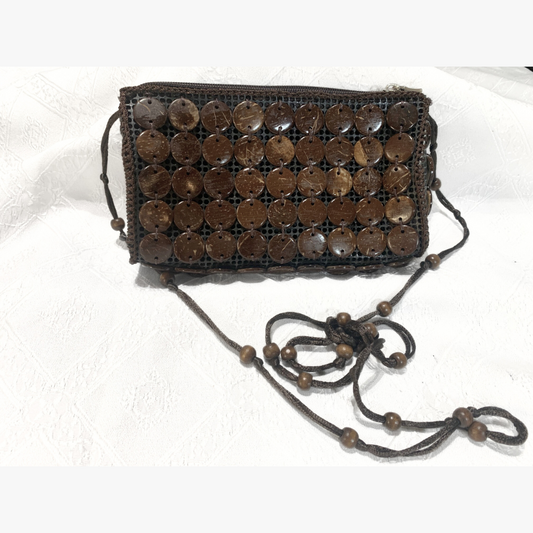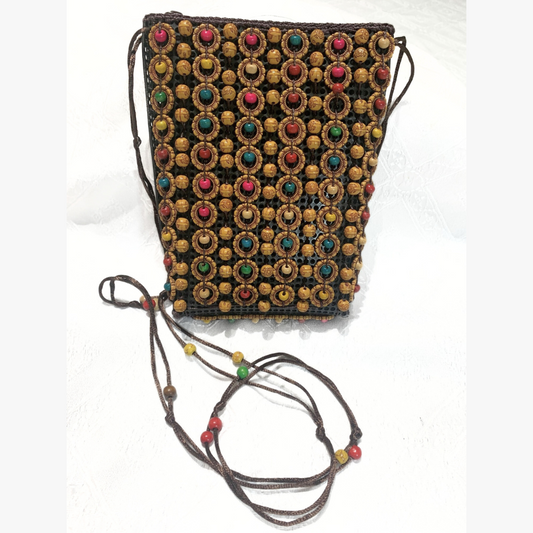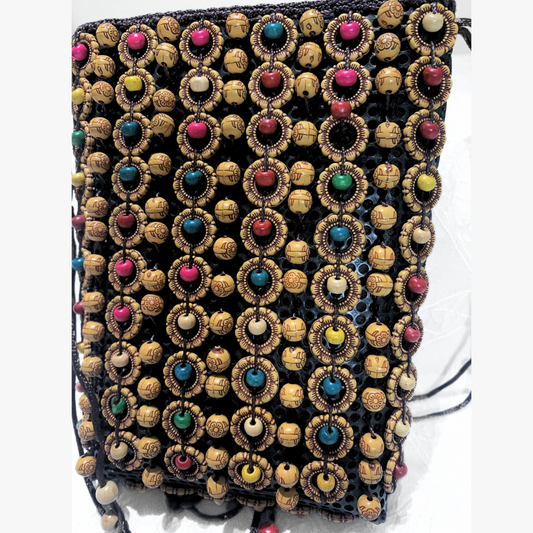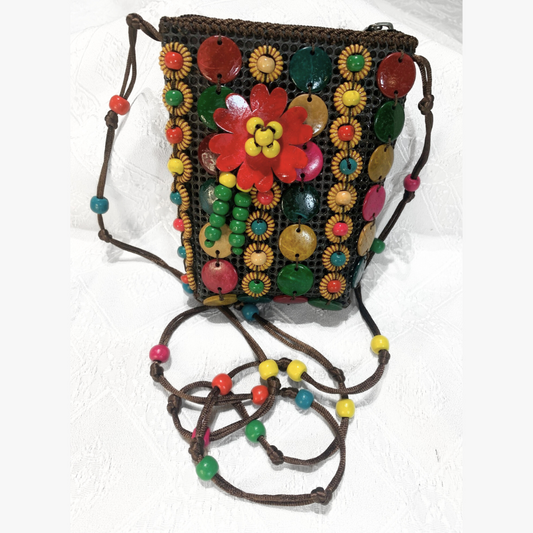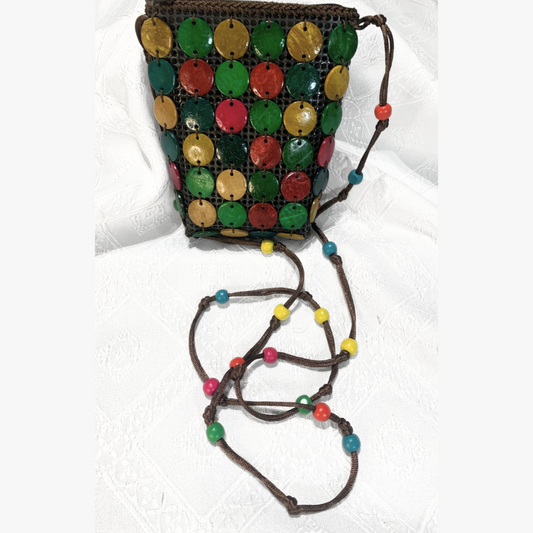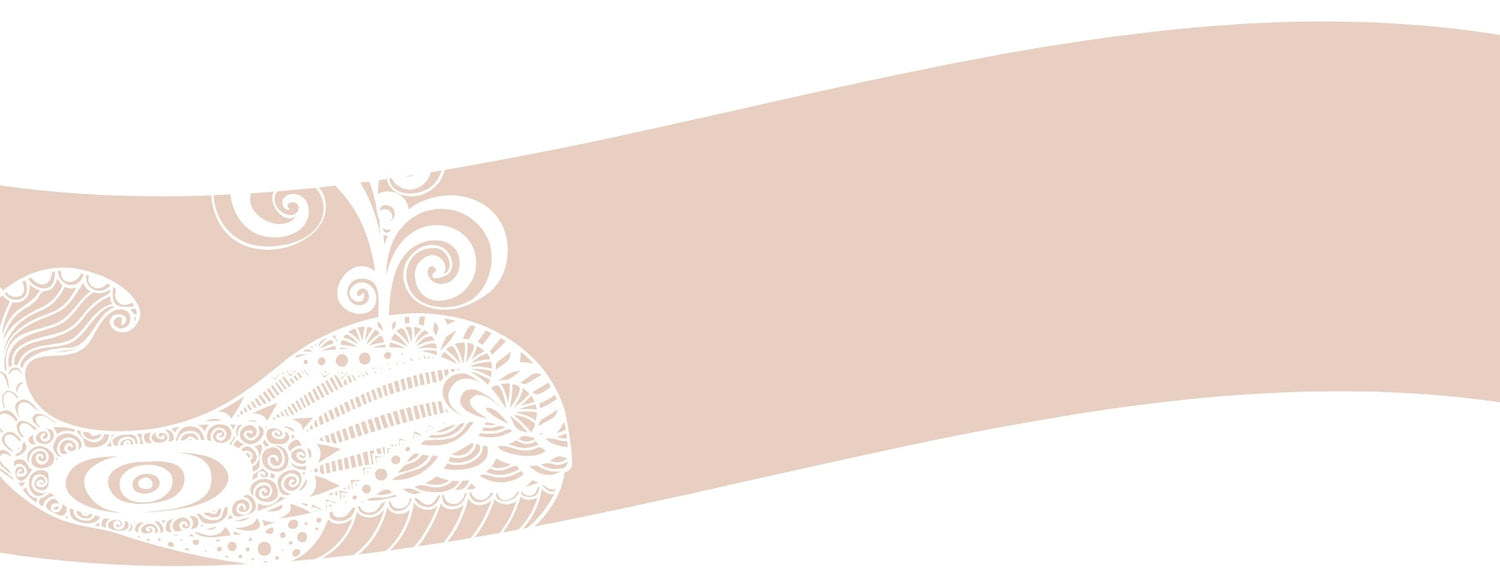Kiekie Made from Coconut
The kiekie, a traditional Tongan waist adornment, holds deep cultural significance and is often crafted from natural materials such as coconut fibers, shells, and leaves. Worn by both men and women, the kiekie serves as a versatile accessory that bridges the gap between traditional attire and contemporary fashion while maintaining strong ties to Tongan heritage.
In Tongan culture, wearing a kiekie signifies respect, modesty, and adherence to tradition. It is an essential part of formal dress, worn during ceremonial events, church services, weddings, and cultural celebrations. The coconut kiekie is particularly cherished for its durability and intricate craftsmanship, symbolizing the connection between the wearer and the natural environment.
Historically, the kiekie was reserved for individuals of rank, but today it is commonly worn by Tongans of all backgrounds to show cultural pride and elegance in formal settings.
